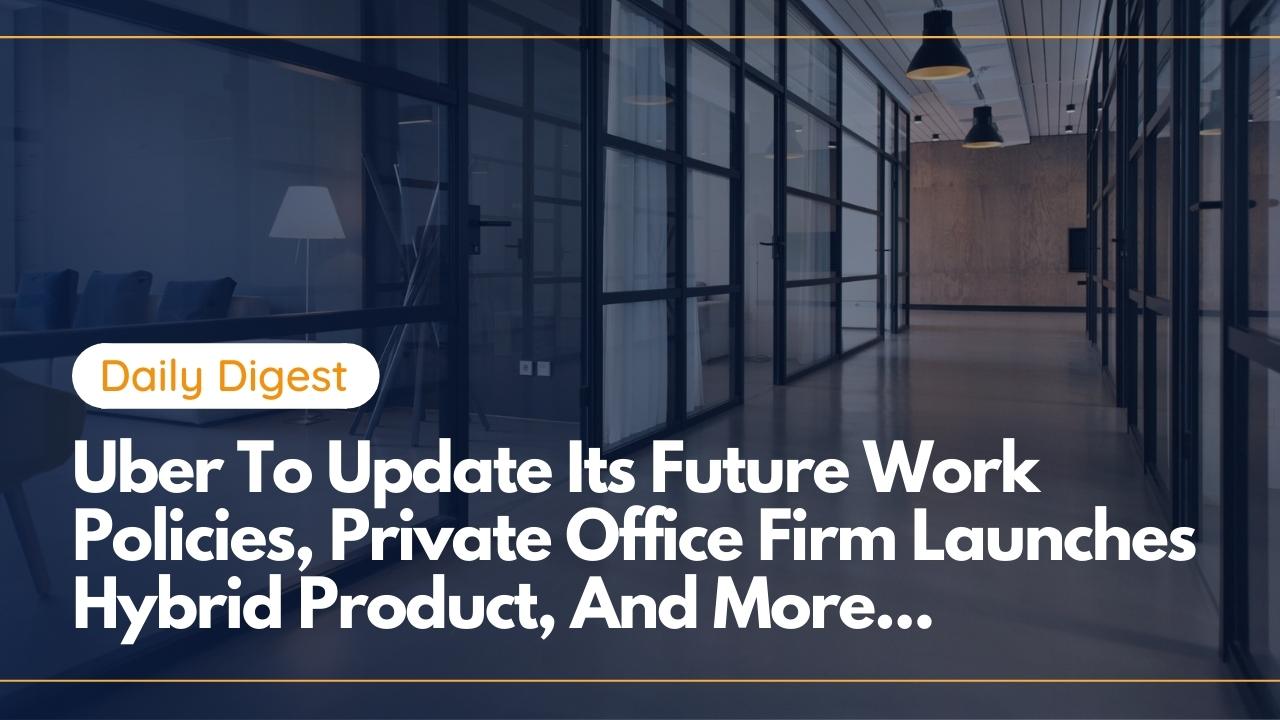Hand selected flexible workspace news from the most reliable sources to keep you ahead of the pack. We find all the latest news, so you don’t have to. Morning and afternoon updates. Stay in the know.
Here’s what you need to know today:
- REITs Shift To Diversifying Their Portfolios
- Uber To Update Its Future Work Policies
- Companies Are Still Trying To Combat Burnout
- Private Office Firm Launches Hybrid Product
- JLL Launches New Sustainability Product
- New York Restaurant Uses Coworking To Boost Business
REITs Shift To Diversifying Their Portfolios
Real estate investment trusts are revisiting their investment strategies on the heels of the pandemic as they explore which sectors were temporarily impacted, and which were permanently changed.
While most REITs focus on commercial real estate, many that used to specialize in offices are now branching into the coworking industry. Additionally, those who invested into multifamily are looking into industrial.
“The biggest change is portfolio diversification,” said Brian Sutherland, VP of commercial at Yardi. “Our solutions cross all asset classes, giving us a unique breadth of perspective into the various sectors of real estate.”
Sutherland added that the main motivation behind this shift is growth, but trying to achieve this growth was difficult during the pandemic. However, it is now happening at an extremely fast pace.
“That trend in some capacity has been going on for a while, with the live, work, play and stay centers,” said Sutherland. “We will see more of that.”
REITs have also been exploring mix-use properties that feature a variety of properties under one roof. For instance, office and apartment towers that feature retail in the bottom floor or coworking spaces have become increasingly popular.
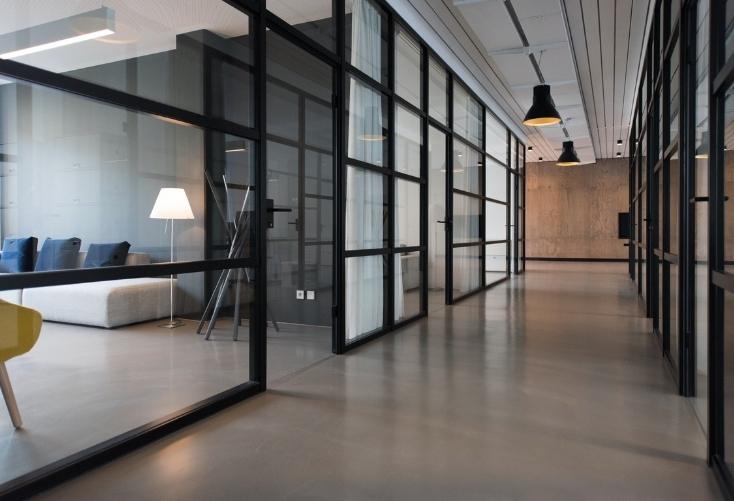
Uber To Update Its Future Work Policies
Uber is revamping its original return-to-office plan and offering a much more flexible policy.
The new arrangement allows staff to work from home for 50% of the time, and the other 50% will require employees to be in Uber office “hubs”. Additionally, for one month every year, employees can work from wherever.
A portion of workers will also be able to apply for full-time remote work.
This news comes after outcry from employees who were unhappy with the ride sharing company’s old strategy of requiring employees to return to the office three days a week starting this September.
Other companies have also been forced to rethink their post-pandemic office policies as employees express distaste over the lack of flexibility, and some have even thought about quitting their positions.
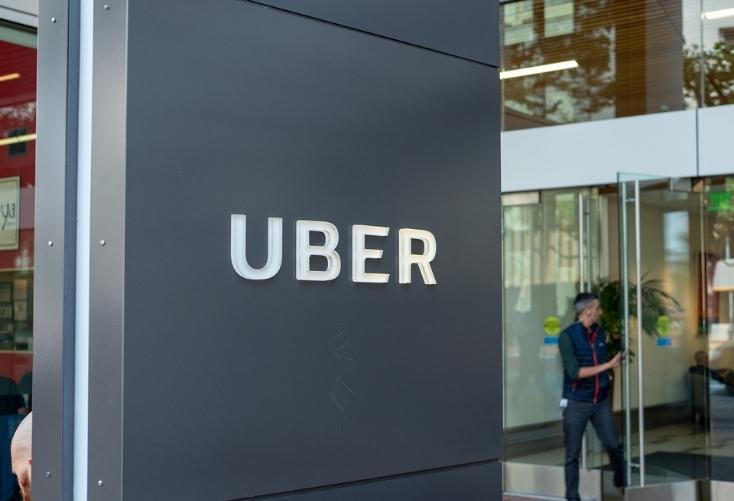
Companies Are Still Trying To Combat Burnout
Mozilla, producer of the Firefox Web browser, adjusted its usual annual two-week off-site meeting, which last took place in January of 2020.
However, the company is not just shifting the program to online Zoom meetings. Instead, the company is now offering a “Wellness Week” leading into the Fourth of July weekend.
This coincides with the company’s other initiatives, such as its “Wellness Day” which incorporates a companywide day off once a month, every month for this year.
Companies like PepsiCo and Verizon are also offering pandemic-era perks such as paid time off and childcare or eldercare benefits, such as flexible work schedules.
Even more, Shopfiy introduced “Rest & Refuel Fridays” last summer and will do so again July through August of this year.
All of these efforts aim to combat the ever growing issue that has plagued many professionals over the past year: burnout.
According to a Ipsos poll from March, around 40% of Americans said they felt burned out over the past year, and 42% said they would look for another job if they were expected to return to the office full-time.
“Expecting people to just ‘return to work’ does not acknowledge the challenges and difficulties employees endured,” said Marianne Cooper, sociologist at Stanford University. “Employers can’t expect employees to just pretend like we didn’t just live through a social catastrophe — especially as that catastrophe continues to unfold around the world.”

Private Office Firm Launches Hybrid Product
Private office company Firmspace has launched Firmspace Hybrid in an effort to accommodate the growing need of hybrid private office products.
The new offering aims to give companies access to private and secure offices that help employees achieve more productivity, while also participating in more collaborative work when needed.
The membership provides three members of the same company access to key fobs, mailboxes, a networking dashboard, conference rooms and other office amenities.
“From the outset, our private office membership was designed to be shared with an additional person per desk. Now we are introducing even more options to configure your workforce,” said Anish Michael, CEO of Firmspace. “Firmspace Hybrid combines our proworking model with the flexibility that discerning professionals of the future need.”
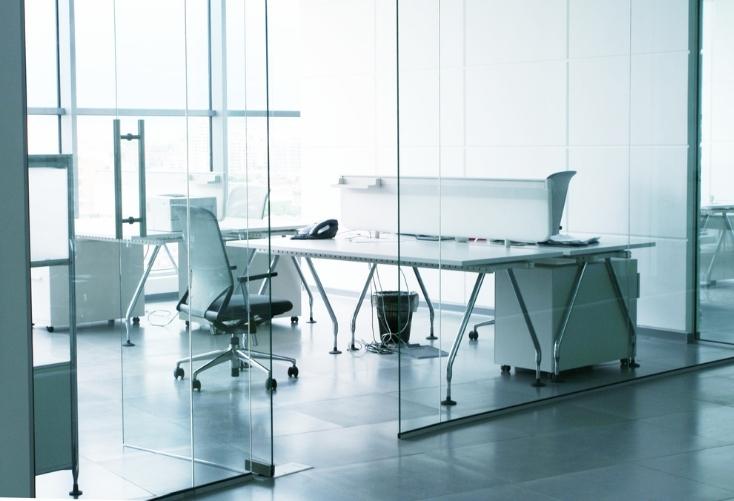
JLL Launches New Sustainability Product
JLL is launching an end-to-end sustainability product called Sustainable Operations, which aims to help companies create and launch portfolio-wide sustainability programs.
The need for more climate-friendly policies and practices has never been more important, especially as the built environments claim responsibility for around 40% of global energy consumption.
JLL’s new offering hopes to combat this growing issue and guide companies down the path of environmentally conscious practices.
Along with this effort, the company also announced its Corporate Solutions business will be renamed JLL Work Dynamics. With this change, JLL will merge real estate, technology and sustainability solutions for its clients.
“As the world of work rapidly transforms, a more human-centric, resilient, and responsible real estate approach is required,” said Neil Murray, Global CEO at JLL Work Dynamics. “Work Dynamics is more indicative of our purpose – enabling organizations to shape their workplaces to create a better world of work for their people.”
Sustainable Operations will use data from JLL’s insights platform Azara to provide a deeper look into space usage and workplace management. Additionally, the company will use its sustainability technology platform Canopy to receive utility and environmental data to improve management.
“We’re able to tap the power of technology and analytics to better understand CRE data and not only offer strategic actions for our clients to improve their performance, but actually implement those changes for them to drive meaningful change,” said Murray.
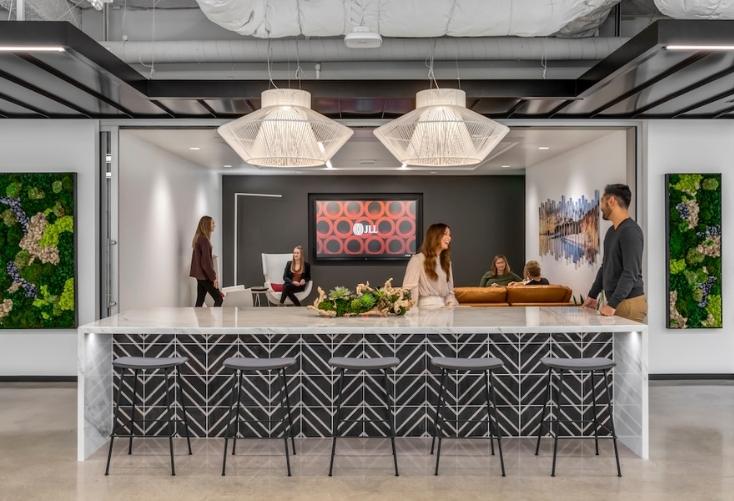
New York Restaurant Uses Coworking To Boost Business
Kindred, a New York City-based restaurant and wine bar, incorporated a new coworking program in an effort to set itself apart during the pandemic.
The East Village restaurant charges $25 for table rentals per person, giving them access to free coffee, WiFi and bathrooms.
“We started this back in September during the height of the pandemic when things were looking pretty dire,” said Moshe Schulman, one of Kindred’s partners. “This allowed us to have some passive income and also have marketing for the dinner service, and that’s continuing to be the case.”
The coworking tables come with a charging station and are available to rent from 10 a.m. to 4 p.m. during Kindred’s slower hours, and people are encouraged to keep their tables for Happy Hour at 5 p.m.
“Once you book the table, it’s yours for the full day. We won’t sell it, so you can come and go,” said Schulman.
Schulman added that the restaurant will likely continue with this offering as it has become increasingly popular, especially when it reopened in May after a winter-long pause. The restaurant also revamped its outdoor seating area to be ready for the winter months moving forward.




 Dr. Gleb Tsipursky – The Office Whisperer
Dr. Gleb Tsipursky – The Office Whisperer Nirit Cohen – WorkFutures
Nirit Cohen – WorkFutures Angela Howard – Culture Expert
Angela Howard – Culture Expert Drew Jones – Design & Innovation
Drew Jones – Design & Innovation Jonathan Price – CRE & Flex Expert
Jonathan Price – CRE & Flex Expert
